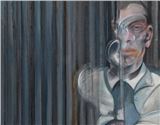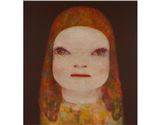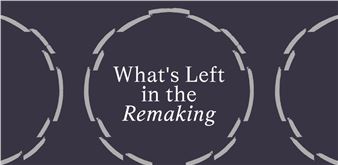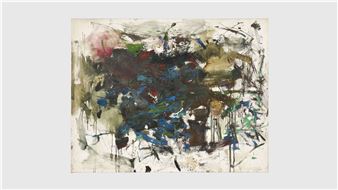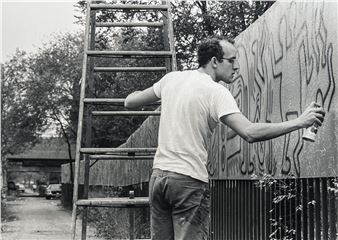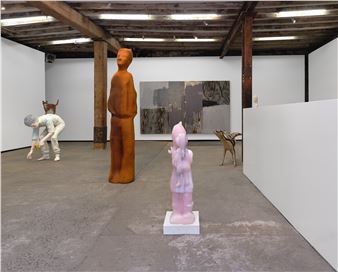Jo Spence: Memory Cards
“I feel as though making the private public, and portraying significant moments of your intimate lives, is the rawest form of art, and for me the most influential.” – Jo Spence.
Shin Gallery is pleased to present Jo Spence: Memory Cards, a solo exhibition featuring the works of Jo Spence. Inspired by New York’s recent celebrations of prominent female photographers, including Nan Goldin at the MOMA and Diane Arbus at the Met Bruer, Shin Gallery is honored to commemorate the works of Jo Spence, a perhaps underrated, iconic British female photographer who was able to capture the raw moments and portraits of her own body to pronounce both bold political stances and feminist themes.
Heavily influenced by Nan Goldin, who was able to prematurely capture the rise of the AIDS epidemic in the 80's through her camera lens, Jo Spence used her camera to confront her own looming destiny as she struggled to battle breast cancer for over a decade. She passed away from leukemia in 1992. Although not renowned during her career, her photographs have become critically acclaimed. Today, Spence is best known for her works that capture the rare, transparency and open qualities of the female body and it’s relationship to sickness and extreme vulnerabilities.
In this exhibition, Shin Gallery displays a range of works made in her lifetime. This show is unique in that it showcases some of her more prominent projects, including: A Picture of Health: Property of Jo Spence?, 1982. This picture was taken before she had her cancerous lump removed, with intentions to express her own feelings of inadequacy for the British public health care system at the time. A long-term patient, she often felt that these institutions treated their patients as mere objects rather than actual persons. She further documented the physical changes that she was undergoing through her different kinds of cancer treatments, including the recording of her scars left from surgeries. Her personal ties with this intimate subject matter, unhappily, dates back to her teens when her mother was first diagnosed with cancer while Spence was in high school. Thus, her relationship with this work began long before her own victim-hood.
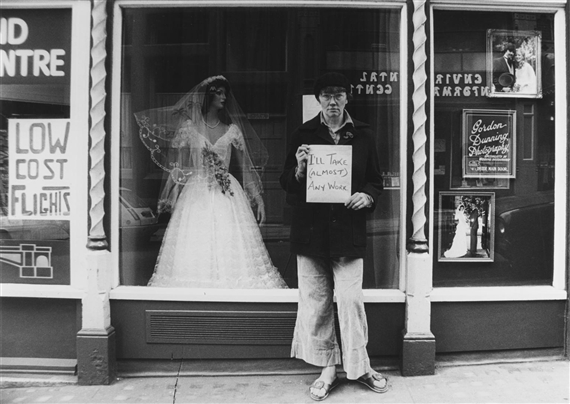
Recommended for you
“I feel as though making the private public, and portraying significant moments of your intimate lives, is the rawest form of art, and for me the most influential.” – Jo Spence.
Shin Gallery is pleased to present Jo Spence: Memory Cards, a solo exhibition featuring the works of Jo Spence. Inspired by New York’s recent celebrations of prominent female photographers, including Nan Goldin at the MOMA and Diane Arbus at the Met Bruer, Shin Gallery is honored to commemorate the works of Jo Spence, a perhaps underrated, iconic British female photographer who was able to capture the raw moments and portraits of her own body to pronounce both bold political stances and feminist themes.
Heavily influenced by Nan Goldin, who was able to prematurely capture the rise of the AIDS epidemic in the 80's through her camera lens, Jo Spence used her camera to confront her own looming destiny as she struggled to battle breast cancer for over a decade. She passed away from leukemia in 1992. Although not renowned during her career, her photographs have become critically acclaimed. Today, Spence is best known for her works that capture the rare, transparency and open qualities of the female body and it’s relationship to sickness and extreme vulnerabilities.
In this exhibition, Shin Gallery displays a range of works made in her lifetime. This show is unique in that it showcases some of her more prominent projects, including: A Picture of Health: Property of Jo Spence?, 1982. This picture was taken before she had her cancerous lump removed, with intentions to express her own feelings of inadequacy for the British public health care system at the time. A long-term patient, she often felt that these institutions treated their patients as mere objects rather than actual persons. She further documented the physical changes that she was undergoing through her different kinds of cancer treatments, including the recording of her scars left from surgeries. Her personal ties with this intimate subject matter, unhappily, dates back to her teens when her mother was first diagnosed with cancer while Spence was in high school. Thus, her relationship with this work began long before her own victim-hood.

 ARTISTS
ARTISTS
